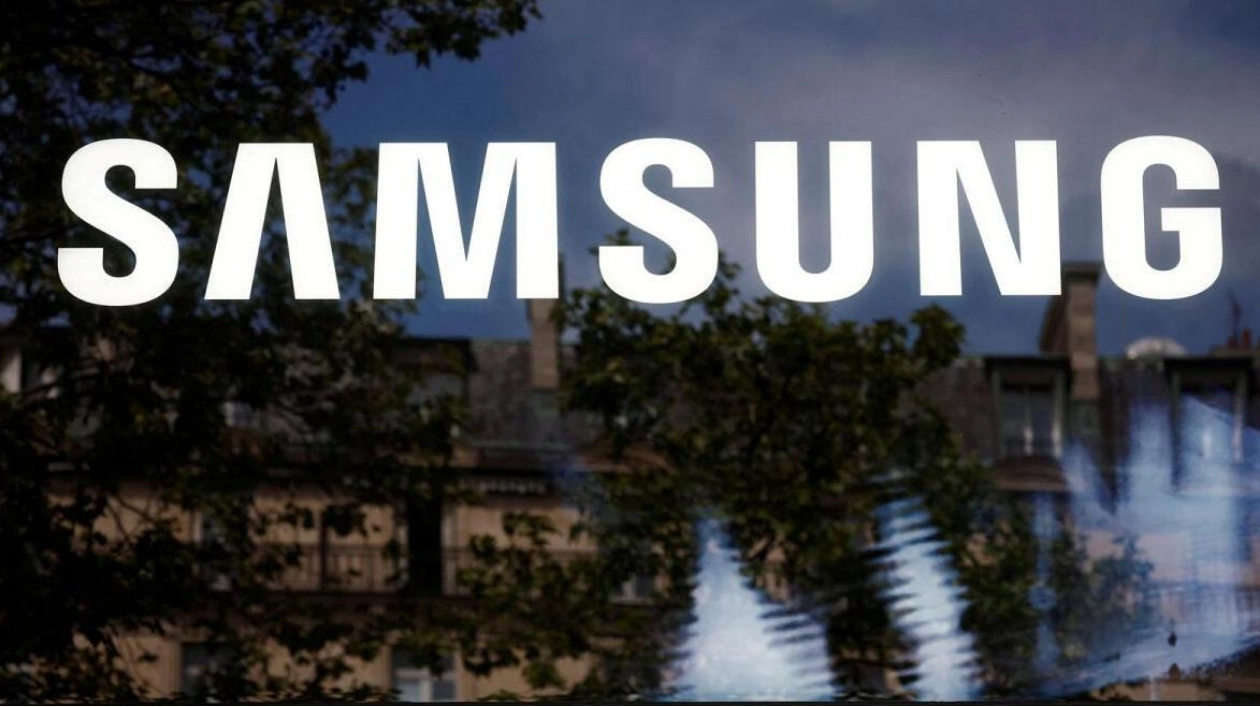Chinese tech giants like Huawei and Baidu, along with emerging startups, are reportedly accumulating high bandwidth memory (HBM) semiconductors from Samsung Electronics in response to potential US export restrictions on these chips to China, according to three sources.
These companies have significantly increased their purchases of AI-capable semiconductors since the beginning of the year, contributing to China's share of about 30 percent in Samsung's HBM chip revenue for the first half of 2024, revealed one of the sources.
This strategic move underscores China's efforts to sustain its technological advancements amidst escalating trade conflicts with the US and other Western countries, and also highlights the impact of these tensions on the global semiconductor supply chain.
US authorities are set to announce an export control package this month, which will introduce new limitations on shipments to China's semiconductor sector, as reported by Reuters last week, citing sources.
The package is anticipated to detail restrictions on access to high bandwidth memory chips. The US Department of Commerce, which declined to comment, has previously stated that it is continuously evaluating the changing threat landscape and adjusting export controls to safeguard US national security and its technological ecosystem.
HBM chips are essential for developing advanced processors, such as Nvidia's graphics processing units used in generative AI. Currently, only three major chipmakers produce HBM chips: SK Hynix and Samsung from South Korea, and US-based Micron Technology.
Chinese demand primarily targets the HBM2E model, which lags two generations behind the most advanced HBM3E. The global AI surge has resulted in a scarcity of the advanced model.
Given the immaturity of domestic technology development, China's demand for Samsung's HBM has surged, as other manufacturers' capacities are fully occupied by American AI companies, according to Nori Chiou, investment director at Singapore-based White Oak Capital Partners.
Although it is challenging to estimate the volume or value of stockpiled HBM chips in China, various businesses, from satellite manufacturers to tech firms like Tencent, have been purchasing them, the sources noted. Chip designing startup Haawking recently placed an order for HBM chips from Samsung.
Huawei has been utilizing Samsung's HBM2E semiconductors to produce its advanced Ascend AI chip, according to one of the sources. Samsung and SK Hynix declined to comment, while Micron, Baidu, Huawei, Tencent, and Haawking did not respond to requests for comment. The sources preferred anonymity due to the sensitive nature of the topic.
Chinese firms have made progress in HBM production, with Huawei and memory chipmaker CXMT focusing on developing HBM2 chips, which are three generations behind the HBM3E model, as reported by Reuters earlier.
However, these efforts could be affected by the new US rules. Restrictions on HBM sales to China might have a more significant impact on Samsung compared to its main competitors, which are less dependent on the Chinese market, according to the sources briefed on the sales.
Micron has avoided selling its HBM products to China since last year, while SK Hynix, a major HBM supplier to Nvidia, concentrates more on advanced HBM chip production. SK Hynix announced earlier this year that it is adjusting production to boost HBM3E output, with its HBM chips sold out for this year and nearly sold out for 2025.






